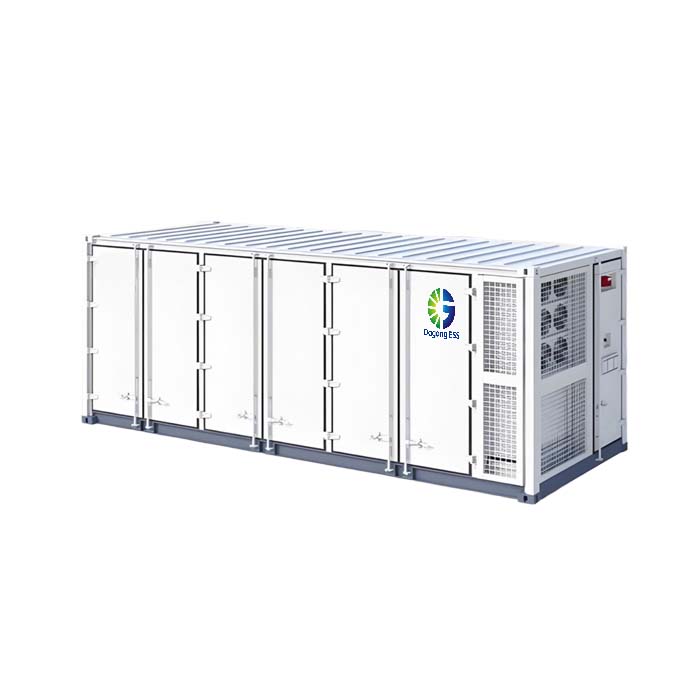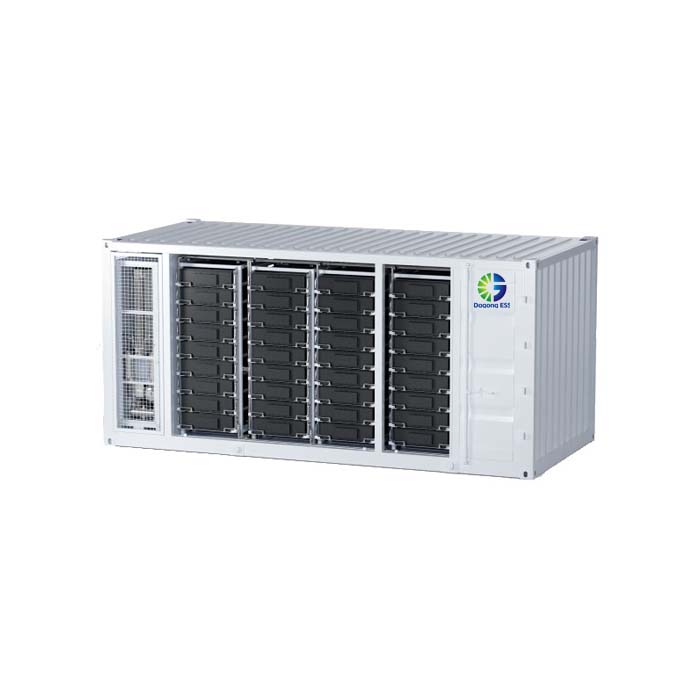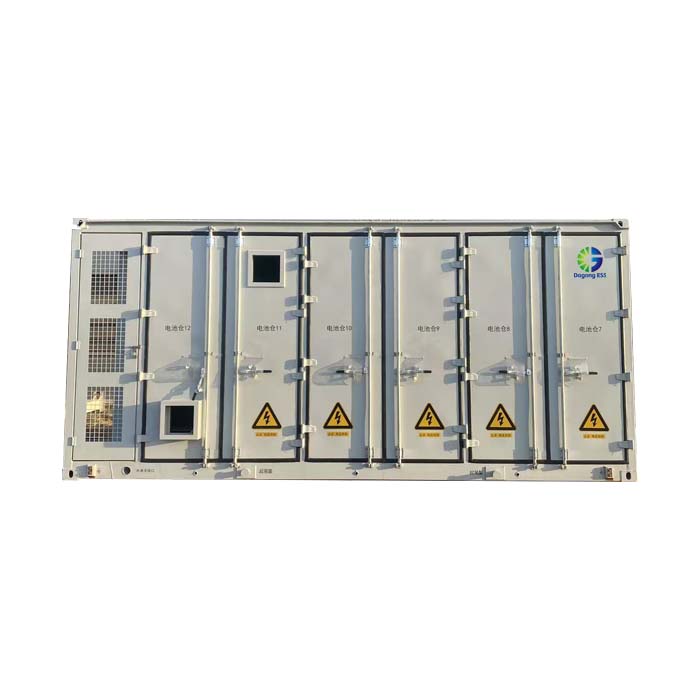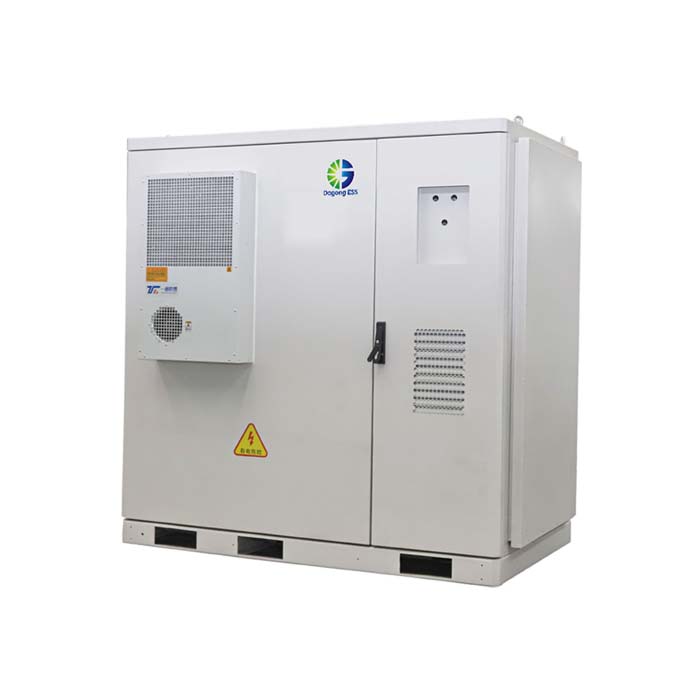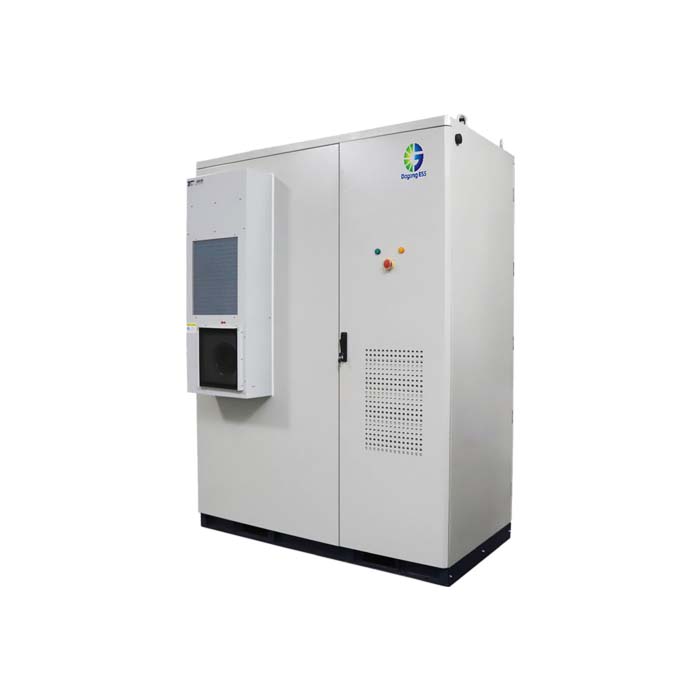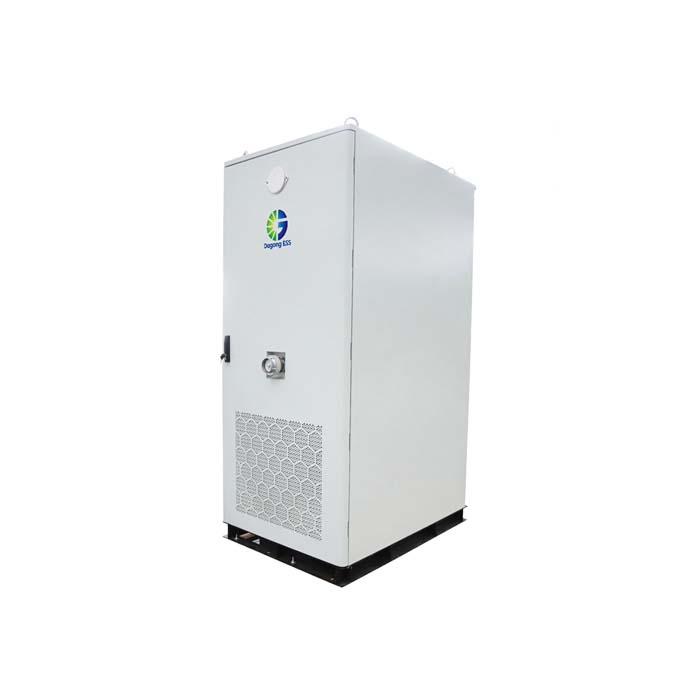What is a BMS and Why It's Crucial for Energy Storage Systems
A Battery Management System (BMS) is a critical electronic system that monitors, protects, and optimizes the performance of a battery pack. In energy storage systems (ESS), the BMS ensures that batteries operate safely, efficiently, and within design specifications.
Key functions of a BMS include:
Monitoring voltage, current, and temperature of each cell
Balancing battery cells to maintain uniform performance
Protecting against overcharge, over-discharge, and short circuits
Providing real-time data for system optimization
By managing these parameters, the BMS extends the battery's cycle life, prevents safety incidents, and improves the overall reliability of ESS. LFP (Lithium Iron Phosphate) batteries, widely used in residential, commercial, and industrial systems, rely heavily on an advanced BMS for long-term stability and safety.
Types of BMS in Energy Storage Systems
Residential BMS
Compact design for wall-mounted or stackable home ESS
Daily monitoring and cell balancing
Examples: Dagong ESS 5–10kWh wall-mounted units, 5–30kWh stackable cabinets
Commercial BMS
Supports higher-capacity ESS (100–241kWh)
Integrates with building energy management systems for peak shaving and load management
Examples: Dagong ESS air-cooled commercial cabinets
Industrial BMS
Designed for large-scale, high-frequency cycling applications
Supports liquid-cooled and containerized ESS (215kWh–5MWh)
Examples: Dagong ESS 215kWh–372kWh liquid-cooled systems, 3.35–5MWh containerized ESS
Features of a High-Quality BMS
Cell Monitoring & Protection: Real-time voltage, current, and temperature monitoring
Cell Balancing: Ensures uniform energy usage and extends cycle life
Overcharge & Overdischarge Protection: Prevents battery damage and improves safety
Thermal Management: Detects overheating and triggers cooling systems if needed
Fault Diagnosis & Alerts: Provides early warnings for potential issues
Communication Capabilities: Connects to PCS and EMS for integrated system control
Dagong ESS equips all its residential, commercial, and industrial LFP systems with advanced BMS to ensure safe, efficient, and reliable performance over thousands of cycles.
Applications of BMS in ESS
Residential: Home solar energy storage, backup power, and daily energy management
Commercial: Peak shaving, energy cost reduction, and reliable operation for offices and retail
Industrial: Continuous power supply for factories, warehouses, and critical infrastructure
Utility-Scale: Containerized ESS for grid stabilization, renewable integration, and microgrids
For instance, Dagong ESS 5–80kWh modular residential systems use BMS to optimize battery life, while 3.35MWh containerized systems employ BMS for large-scale industrial and utility applications.
Price of BMS-Equipped ESS
The cost of a BMS-equipped ESS depends on:
System capacity (kWh or MWh)
Battery chemistry and expected cycle life
Integration with PCS, EMS, and other energy management software
Installation environment and auxiliary equipment
Pricing is usually quoted under EXW, FOB, or CIF terms, depending on project location. For a tailored quotation considering your system's capacity, cycle life, and application, consult directly with the supplier.
How to Select a BMS for Your ESS
Determine System Scale – Residential, commercial, or industrial application
Check Monitoring Capabilities – Voltage, current, temperature, SOC, and SOH
Evaluate Safety Features – Overcharge, over-discharge, short circuit, and thermal protection
Integration with PCS/EMS – Ensure seamless communication for system optimization
Future Scalability – Modular BMS that can grow with system expansion
How Long Does a BMS Last?
A well-designed BMS can operate 10–15 years, matching the lifespan of high-quality LFP batteries. By continuously monitoring and balancing cells, it ensures stable performance, safety, and maximum energy utilization throughout the battery's life.
The Supplier of BMS-Equipped ESS
Dagong ESS specializes in advanced LFP energy storage systems with integrated BMS:
Residential: 5–30kWh stackable and wall-mounted units
Commercial: 100–241kWh air-cooled cabinets
Industrial: 215–372kWh liquid-cooled and 5MWh containerized systems
These systems provide safe, efficient, and long-lasting energy storage solutions for homeowners, businesses, and industrial users worldwide.
If you are interested in Dagong ESS BMS-equipped energy storage solutions, please contact:
Email: sales@dagongess.com
Website: www.dagongess.com


